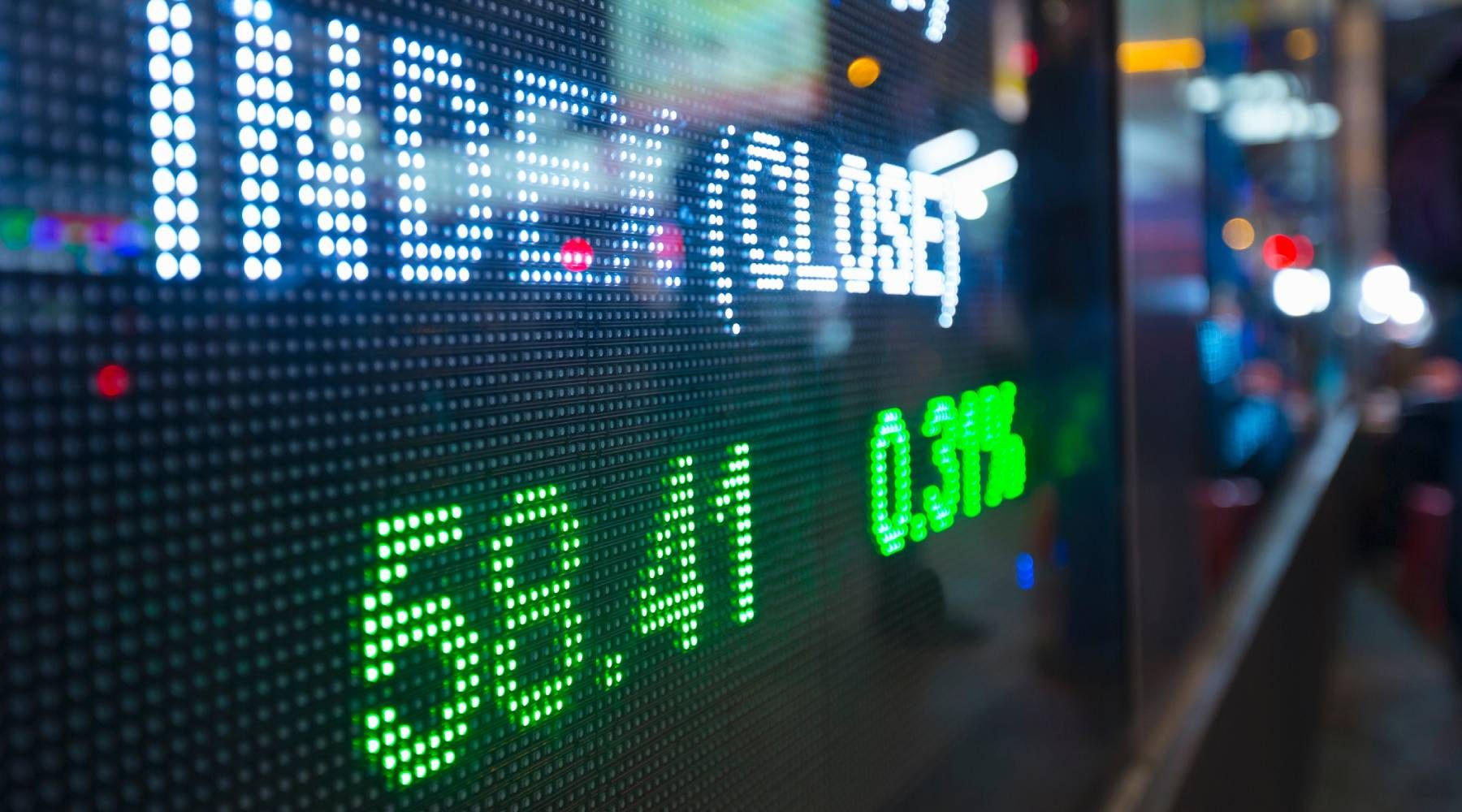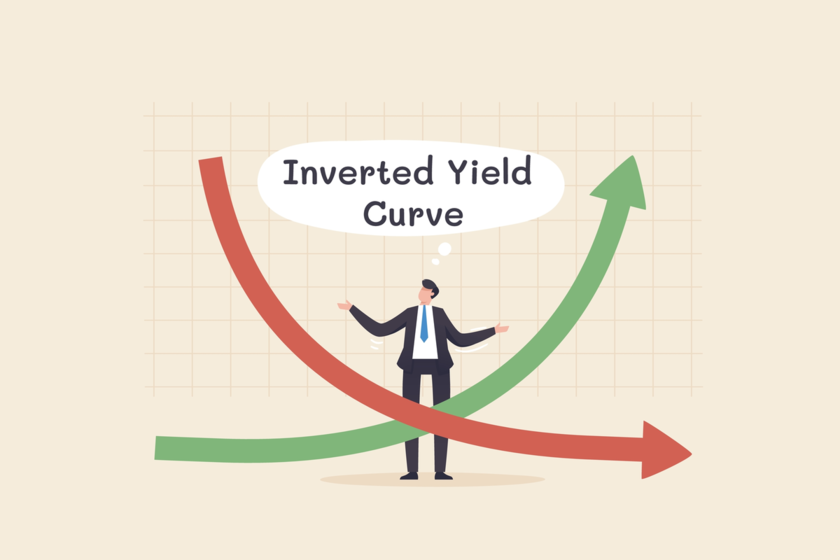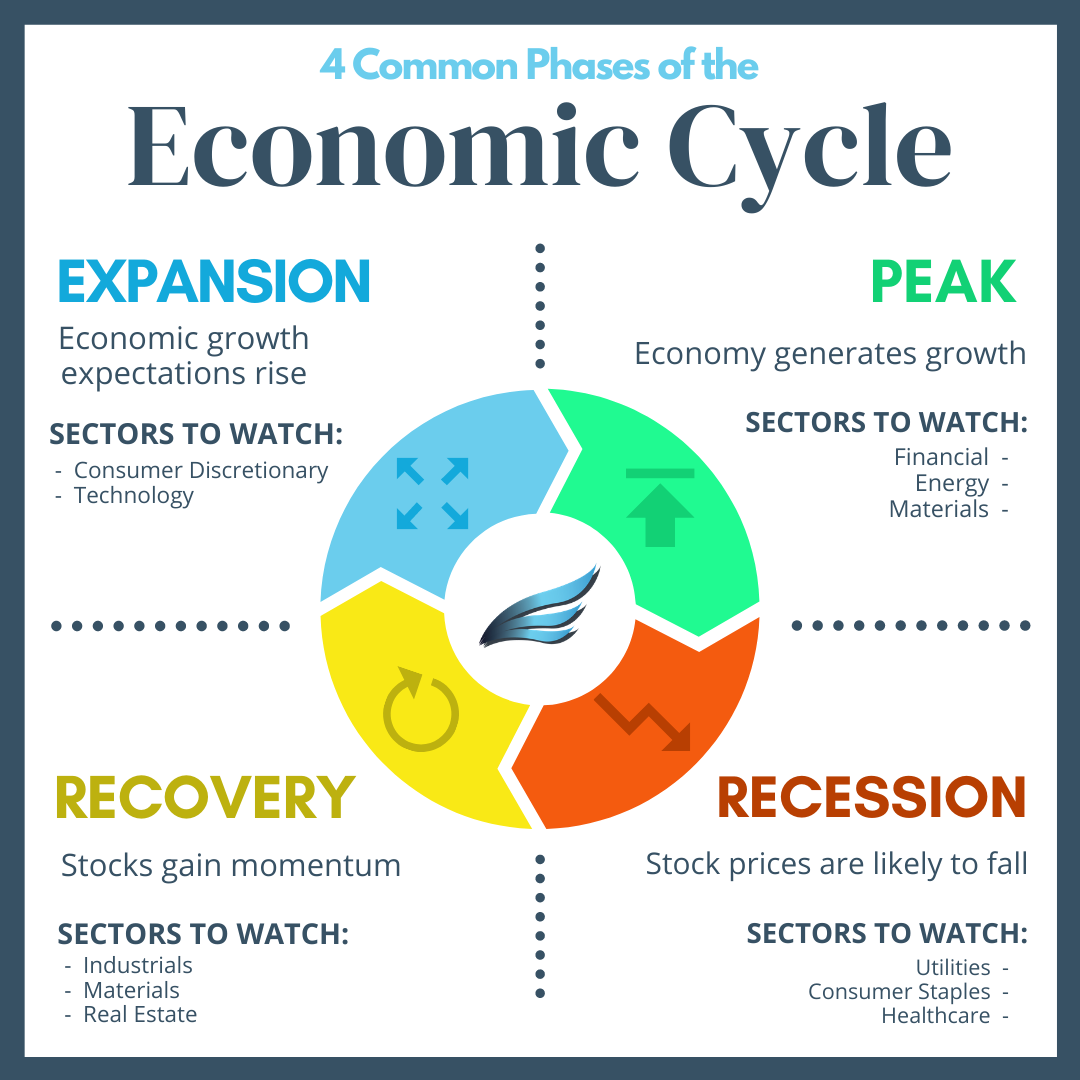After-market trading/ extended-hours trading basics
After-market trading, also known as extended-hours trading, refers to the trading of stocks and other securities outside the regular trading hours of major stock exchanges. Here are some facts about after-market trading: Extended Trading Hours: After-market trading allows investors to buy and sell securities after the regular trading hours of the stock exchanges. It typically … Read more






